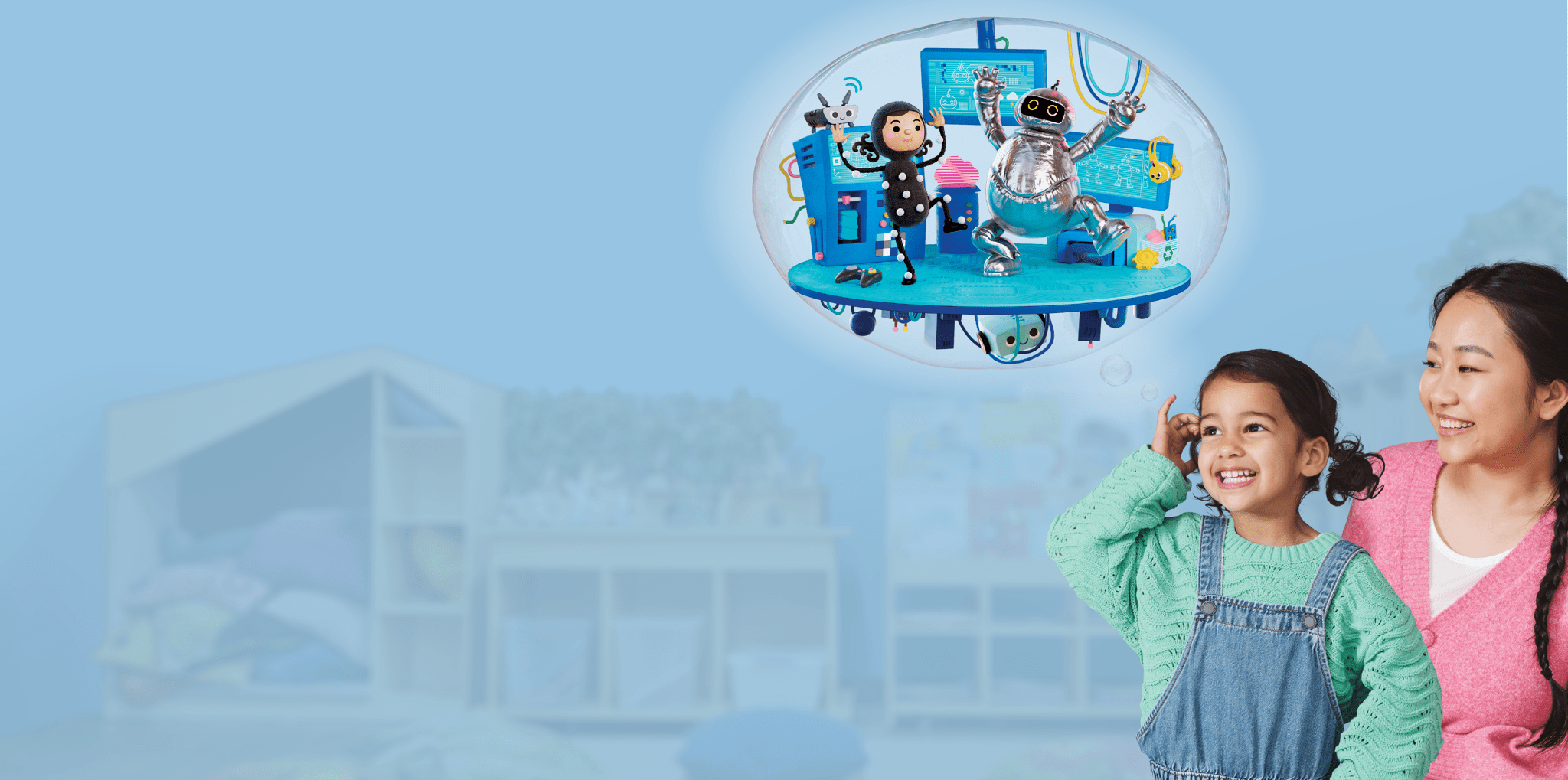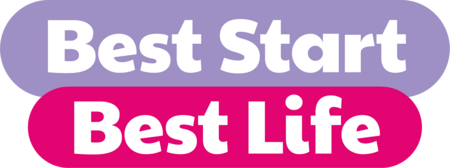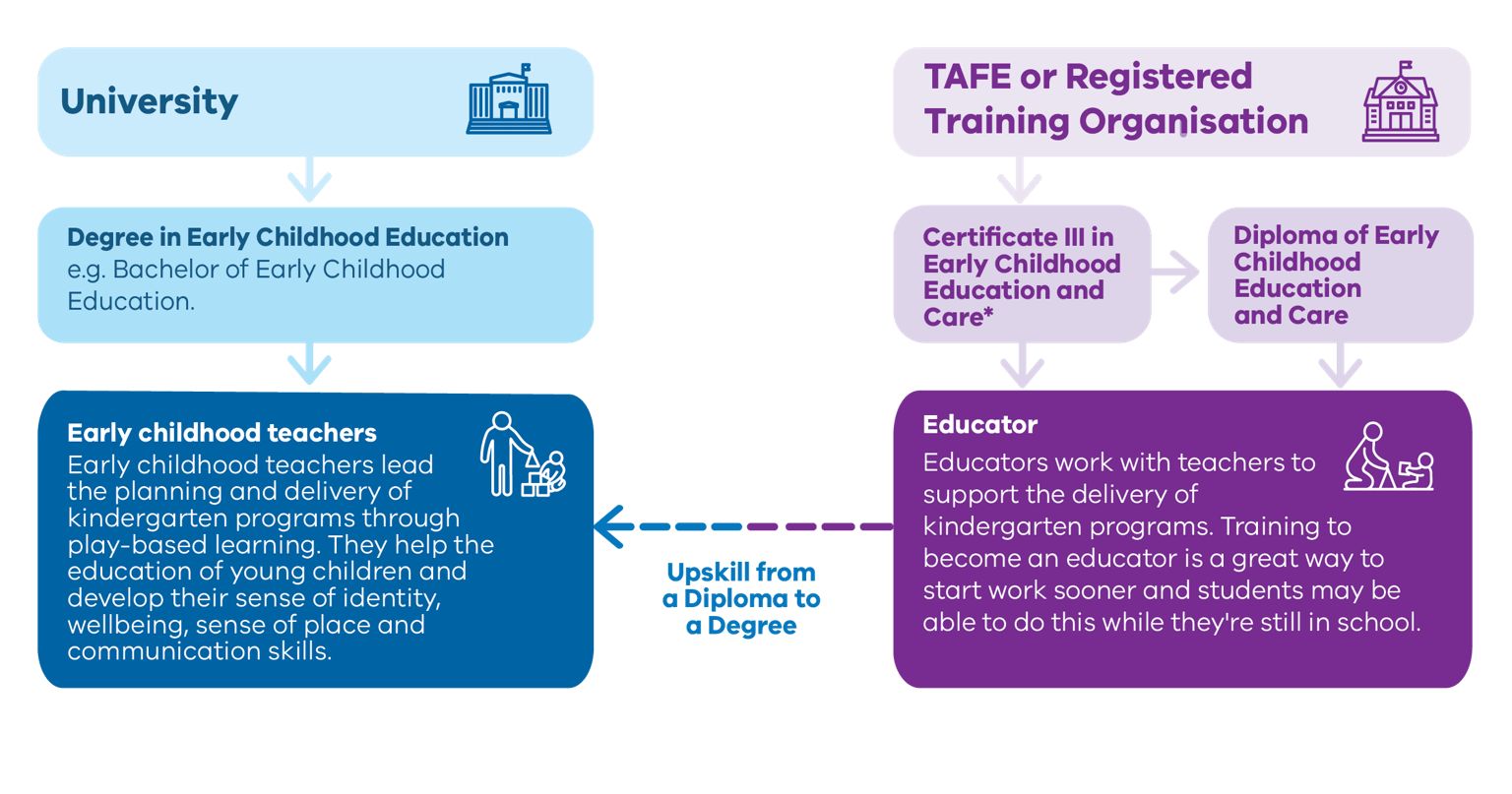The best start for your career
If you've always wanted a career where you can shape young minds, now's your time to make a difference.
We're offering generous financial support for you to get qualified in early childhood education or to upskill. That means you can earn while you learn and get the best start for your career.
Our approach, designed in collaboration with the early childhood and tertiary education sectors, includes:
- opportunities for people to become teachers and educators through the Early Childhood Tertiary Partnerships program
- Free TAFE to enrol in the Certificate III or Diploma of Early Childhood Education and Care
- scholarships to support you while you study to become an early childhood teacher or to upskill to be a Diploma-qualified educator.
Once you've finished studying, you can also be supported with employment incentives and relocation support.
How we’ll support your career
Professional development and career information for current early childhood professionals.
Molly’s experience as an early childhood teacher
Scholarships
Financial support is available while you study to become an early childhood teacher or educator.
Whether you're just starting your study or are upskilling, to become an early childhood teacher or educator, there may be a scholarship to help you on your way. Scholarship funding can help with:
- living costs while you study, especially while on placement
- other essential expenses related to your education.
The Early Childhood Scholarships Program offers financial support of up to $25,000 (before tax) for early childhood teaching qualifications and up to $7,000 (before tax) for educators upskilling to a Diploma of Early Childhood Education and Care.
The Early Childhood Aboriginal Pathways Scholarships Program offers Aboriginal and Torres Strait Islander people financial support of up to $34,000 (before tax) to become an early childhood teacher or educator.
Study and career pathways
So, you're interested in a career in early childhood education? Here's a quick overview of the ways to become an early childhood teacher or educator.
What do kinder teachers and educators do?
Early childhood teachers and educators work with young children in the years before they start primary school.
As a kindergarten teacher, you will work with educators and other health and wellbeing professionals to design and lead a play-based learning program for young children to support their development.
As an educator, you will work with teachers to deliver the play-based learning program for children.
Quality, play-based learning can be life-changing for children’s learning and development, including:
- physical health and wellbeing
- social competence
- emotional maturity
- language and cognitive skills (school-based)
- communication skills
- general knowledge.
You'll have a lasting impact on the lives of hundreds of young children and their families.
Where can I work in early childhood education?
Early childhood education takes place through quality kindergarten programs across Victoria - at standalone kindergartens or in long daycare centres.
With so many opportunities available, you'll be able to work anywhere in the state in a range of settings, including those run by:
- community organisations, targeting cohorts such as First Nations communities, economically disadvantaged groups and rural communities
- independent schools or government schools
- local councils
- a committee of volunteer parents
- private businesses.
Hear from early childhood teachers about their experiences
How to become an early childhood teacher (or kindergarten teacher)
To become an early childhood teacher, you need a degree in early childhood education. You have multiple pathways to choose from, depending on your current qualifications and experience:
- Bachelor’s degree: You can study an undergraduate early childhood qualification, like a Bachelor in Early Childhood Education. If you study full-time, this usually takes around 3 or 4 years to complete.
- Postgraduate pathway: If you have prior university qualifications, then a master's in early childhood education may be the best pathway for you. If you study full-time, this usually takes 2 years to complete.
- Upskilling as an educator: If you're already working as an educator, you can upskill to become a qualified early childhood teacher. Full-time study may take 3 to 4 years, or less if your university recognises your experience and previous study during enrolment.
During your studies, you'll attend classes at university or study online (or both!). You'll also gain practical experience by undertaking placements in various early childhood settings.
Different universities have different requirements and options, so contact your preferred university for more details.
After you become a teacher, you need to register with the Victorian Institute of Teaching (VIT). Find out more by visiting the VIT website.
Study support through partnerships
We're here to help you succeed in your early childhood education career. We've teamed up with selected universities, TAFEs and RTOs through our Early Childhood Tertiary Partnerships (ECTP) program. Through this program, an extra 2,000 students will be supported to get their early childhood teaching or educator qualification, with 11 different options available across the state. While you're getting qualified, you’ll be supported every step of the way.
These programs commenced in 2024 and range from:
- Educator qualifications in Certificate III or Diploma in Early Childhood Education and Care
- Teacher qualifications, like Bachelors and Graduate Diplomas in Early Childhood Education.
How to become an early childhood educator
If you’re interested in becoming an early childhood educator, there are different VET qualifications available:
- Certificate III in Early Childhood Education and Care (available through Free TAFE, and a prerequisite for the Diploma below)
- Diploma of Early Childhood Education and Care (available through Free TAFE).
You can also start your studies by completing a:
- VET course as part of your schooling, starting in Year 10 until you finish VCE
- VCE Vocational Major
- Victorian Pathways Certificate for a Certificate III in Early Childhood Education and Care
- school-based apprenticeship or traineeship.
Your school’s careers advisor can provide more advice.
Study early childhood courses through Free TAFE
With Free TAFE, you can now access early childhood education courses tuition fee-free. Choose from:
- Certificate III in Early Childhood Education and Care
- Diploma of Early Childhood Education and Care.
Eligibility criteria:
- open to Australian citizens, permanent residents, and New Zealand citizens with a Special Category Visa
- no age limit
- covers approved courses in high-demand industries.
Updated


